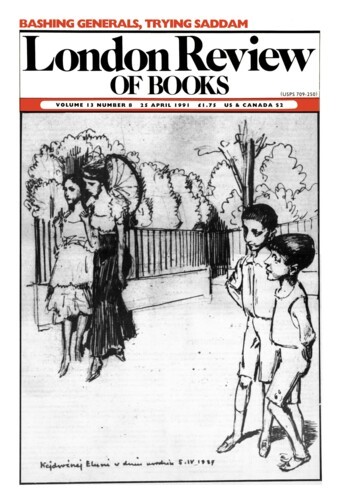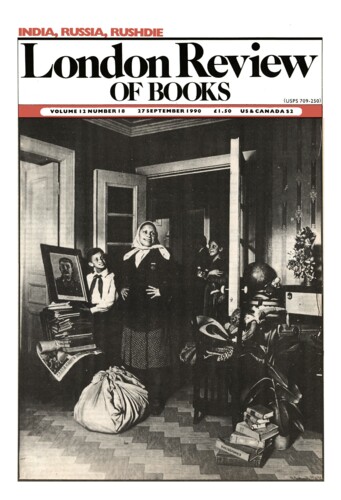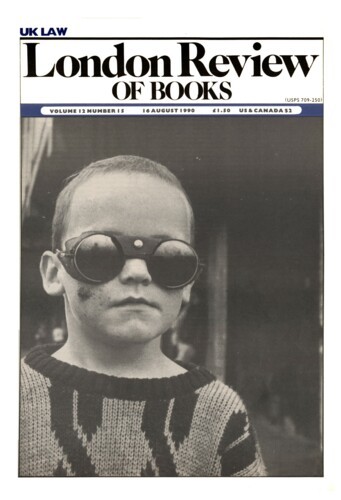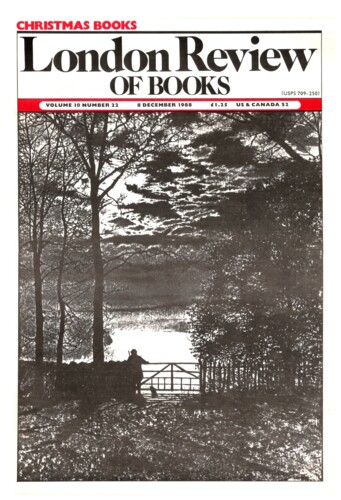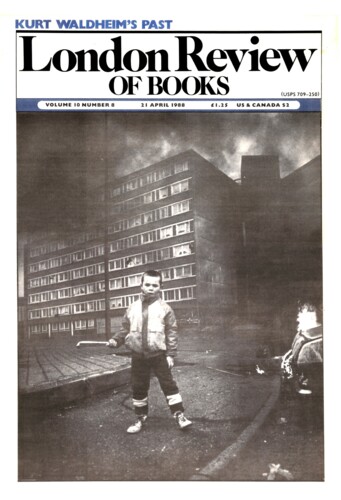When one thinks of crime in France, one remembers those who are considered to be the great criminals, those who have met the guillotine, which has been called Le Goncourt des assassins. There is the infamous Landru. There is the anarchist Jules Bonnot and his gang, who cried Vive la mort when they were encircled by the Police. Eugène Weidemant, who used to shoot his victims in the back of the neck and then rob them of ludicrously small sums of money: his was the last public execution in France, in June 1939, due to the shock caused by his admirers, who had soaked their handkerchiefs in his blood and kept them proudly. Dr Pétiot, a former mayor of his commune, who wore a neat bow-tie and who despatched some thirty bodies from his cosy den in the Rue Le Sueur. Pierre Loutrel, known as Pierrot le Fou, who was liable to shoot at anybody and who eventually shot himself. These were the stars who strutted on the boulevards of crime. But, perhaps more typical of France are the mysterious, enclosed, claustrophobic crimes which have distinguished many small provincial regions. There was the murder of Sir Jack Drummond and his family, at Lurs, in the Basses-Alpes, which revealed, as in a Giono novel, the unusual lives of the Dominici family, le clan Dominici. There were the activities of Marie Besnard, la bonne dame de Loudun, who fed arsenic to some thirteen relatives (but whose guilt was cast in doubt when it was discovered that one of the scientific witnesses at her trial suffered from acute myopia). A young working-class girl was murdered in Bruay-en-Artois, and the local notaire was arrested for the crime. When he was released, for lack of evidence, most French people believed in his guilt because they knew how grandees behaved in a place like Bruay-en-Artois. A certain Madame Weber, la diabolique de Nancy, is to stand trial for two murders and for falsifying a marriage.
When one thinks of crime in France, one remembers those who are considered to be the great criminals, those who have met the guillotine, which has been called Le Goncourt des assassins. There is...
